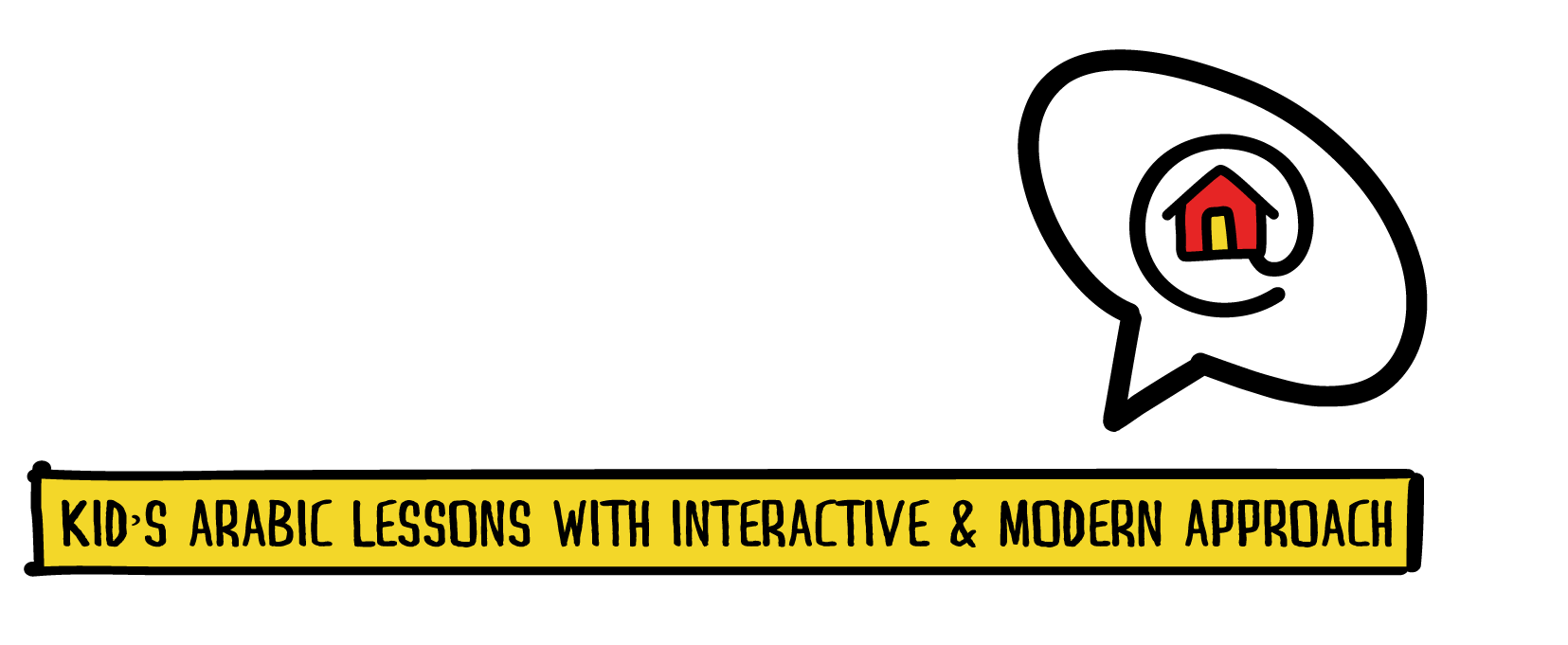How to encourage your kid to practice Arabic
Encouraging your child to practice Arabic is not always easy, but it’s a crucial step in their linguistic and cultural development. With the right resources and support, your child can become proficient in the language and find a real sense of belonging and confidence.
We always say that learning a foreign language is challenging. This is especially true when this language is considered one of the most difficult with all its sounds and letters. For children, it can be even more daunting. We understand that as a parent, you want to ensure your child’s linguistic and cultural development. Arabic is not the most commonly spoken language in many parts of the world, and its complex script and grammar can intimidate beginners. However, with the right attitude and a fun approach, you can make learning Arabic enjoyable for your child. In this blog, we will discuss some tips on how to encourage your child to practice Arabic and promote cultural awareness.
Keep reading for some of the techniques we use during our one-to-one sessions.
We’ll call them Easter eggs.
Give them access to Arabic resources
One of the easiest ways to encourage your child to practice Arabic is to give them access to Arabic resources. This can include Arabic books, stories, TV shows, and songs. Reading stories to your child in Arabic can help them develop an interest in the language and build their vocabulary. Watching Arabic TV shows and listening to Arabic music can help them learn the language’s sounds and intonation. There are plenty of resources available online for children, such as Arabic learning apps, videos, and games.
Make it fun
Learning Arabic should not feel like a chore. To keep your child motivated and engaged, you need to make learning fun. You can use flashcards, puzzles, and games to teach them engrossing words and concepts. You can also create your own Arabic alphabet coloring book or make a memory game with Arabic letters. Another fun activity is to have your child create their own Arabic comic strip, using their vocabulary and language skills. Visuals get stuck in a child’s head. During our online sessions, we are always surrounded by many cards and visuals that we utilize for the kids to be entertained and amused during the session. This will lead to them wanting more.
Introduce Arabic culture to your child
To help your child understand Arabic culture, it’s important to introduce them to Arabic culture. You can do this by providing them with books, TV shows, and movies that showcase the rich culture and history of the Arabic-speaking world. You can also take them to local Arabic festivals or restaurants and let them experience the culture firsthand. Teaching your child about Arabic-speaking countries’ customs, traditions, and history will help them appreciate the language and its significance.
Use real-life situations
Practicing Arabic in real-life situations can help your child understand the practical applications of the language. For example, when you visit a restaurant, order your food in Arabic, or have your child order it for the family. You can also ask them to translate signs or menus into Arabic. You can also play a game where you describe an object in Arabic, and your child guesses what it is. This will help your child see how Arabic can be used in everyday life and encourage them to use it themselves.
Practice together
If you know Arabic, practicing it with your child can be an excellent bonding experience. You can have conversations in Arabic, watch Arabic movies together, and even cook Arabic food. Speaking to your child in Arabic, even if it’s just a few words or phrases, will help them become more comfortable with the language. This will build their confidence. You can also practice writing Arabic letters and words together or play hangman using Arabic words. Another strategy we follow during our online Arabic classes is that we never say the word to them. We always let them tell us what they need to tell us. If we see that they got stuck and the word wouldn’t come out, we interfere. Saying this is to tell you to let them do it alone. Trust us, you will see a completely different person.
Lastly, it is very important to celebrate success – Celebrate your child’s successes – even small ones – along the way. Acknowledge and reward their efforts, and let them know you are proud of their accomplishments.
With the right approach, encouraging your child to learn Arabic can be a rewarding experience for both of you. Make learning Arabic fun, introduce them to Arabic culture, use real-life situations, and practice together so your child becomes proficient in Arabic and appreciates its rich culture by providing access to Arabic resources.
As a parent, we know your schedule is busy, and finding the time to guide your child in learning Arabic can be challenging. That’s why we are here to help.
At Kalima, we offer online Arabic lessons through one-on-one sessions, ensuring the highest quality Arabic language education and an enriching cultural experience for your child. If you’re looking to provide your child with the gift of Arabic, don’t hesitate to reach out to us today! You can contact us at 96181701455 or email us at info@kalima-lessons.com to discuss how we can support your child in their language journey. We eagerly await hearing from you.
Recommended Reads: Effective listening skills can help your child learn Arabic faster! – Kalima (kalima-lessons.com)


